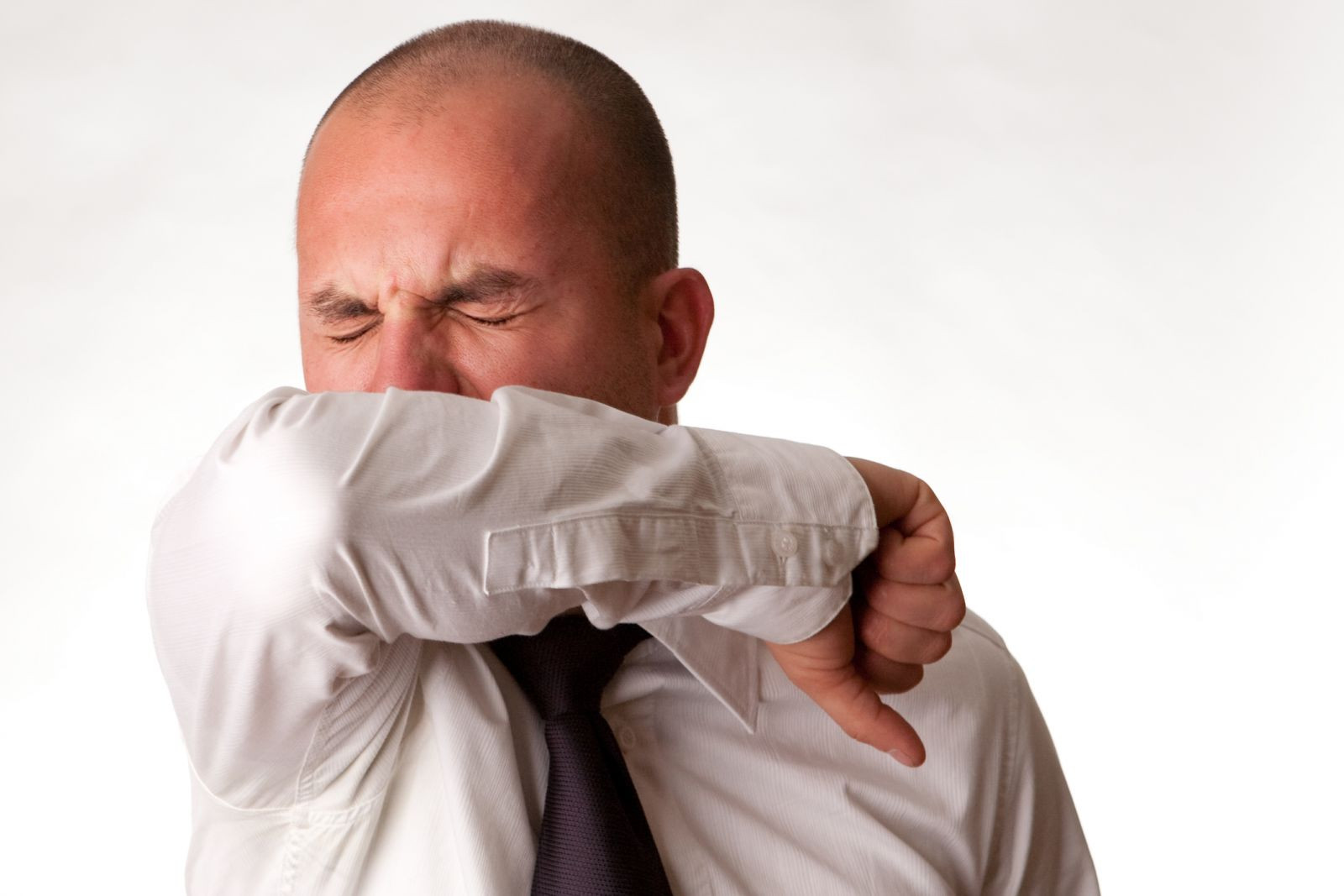
5 timeless habits for better health

What are the symptoms of prostate cancer?

Is your breakfast cereal healthy?

When pain signals an emergency: Symptoms you should never ignore

Does exercise give you energy?

Acupuncture for pain relief: How it works and what to expect

How to avoid jet lag: Tips for staying alert when you travel

Biofeedback therapy: How it works and how it can help relieve pain

Best vitamins and minerals for energy

Should you take probiotics with antibiotics?
Staying Healthy Archive
Articles
Reduce your fear of falling
The fear of falling can lead to a heightened sense of caution and less physical activity—which can actually increase the risk of falling. To reduce the fear of falling, a person must address underlying conditions, such as poor eyesight or joint problems. It also helps to work with a physical therapist to improve balance, gait (walking pattern), muscle strength, flexibility, and range of motion. When physical therapy ends, one must continue doing strength, stretching, and balance exercises at home in order to keep fear at bay and reduce fall risk.
You don’t say? The many colors of urine
Urine is often pale yellow, but different colors can indicate dehydration, injury, or conditions like kidney stones or liver disease. In some cases, different colors are caused by certain foods or medications.
New Harvard tool helps fact-check cancer claims
Scary or misleading claims about things that may cause cancer are so plentiful that it's hard to know which ones to take seriously. A new website developed by experts aims to provide reliable information about whether a particular cancer claim is true.
Moving to wellness while practicing body neutrality
It can be helpful to think of health as a spectrum, with illness at one end and wellness at the other. Someone who is in the neutral (middle) position can move to the wellness side by adopting and sustaining healthy lifestyle habits — and that has little to do with a person's shape or size.
That nagging cough
A persistent cough that lasts longer than a few weeks can be worrisome, but for nonsmokers, the most common causes include asthma, bronchitis, gastroesophageal reflux disease, and medication for high blood pressure.
Supplementing your sleep
Sleep supplements, such as cannabidiol (CBD), melatonin, valerian, and chamomile promise a better night's sleep. But there is little evidence showing that they are effective. In addition, supplements aren't regulated, so it's not always clear if a formula contains what's listed on the label. Experts say that behavioral strategies are a better way to improve sleep. These include getting more exercise, going to bed and waking up at the same time each day, and sleeping in a cool, dark room.
Scheduled fasting may help with weight loss
A 2021 study verified that intermittent fasting may be an effective weight-loss strategy. It also seemed to improve some measures of risk for cardiovascular disease, such as lowering blood pressure, cholesterol, and blood sugar.

5 timeless habits for better health

What are the symptoms of prostate cancer?

Is your breakfast cereal healthy?

When pain signals an emergency: Symptoms you should never ignore

Does exercise give you energy?

Acupuncture for pain relief: How it works and what to expect

How to avoid jet lag: Tips for staying alert when you travel

Biofeedback therapy: How it works and how it can help relieve pain

Best vitamins and minerals for energy

Should you take probiotics with antibiotics?
Free Healthbeat Signup
Get the latest in health news delivered to your inbox!
Sign Up











